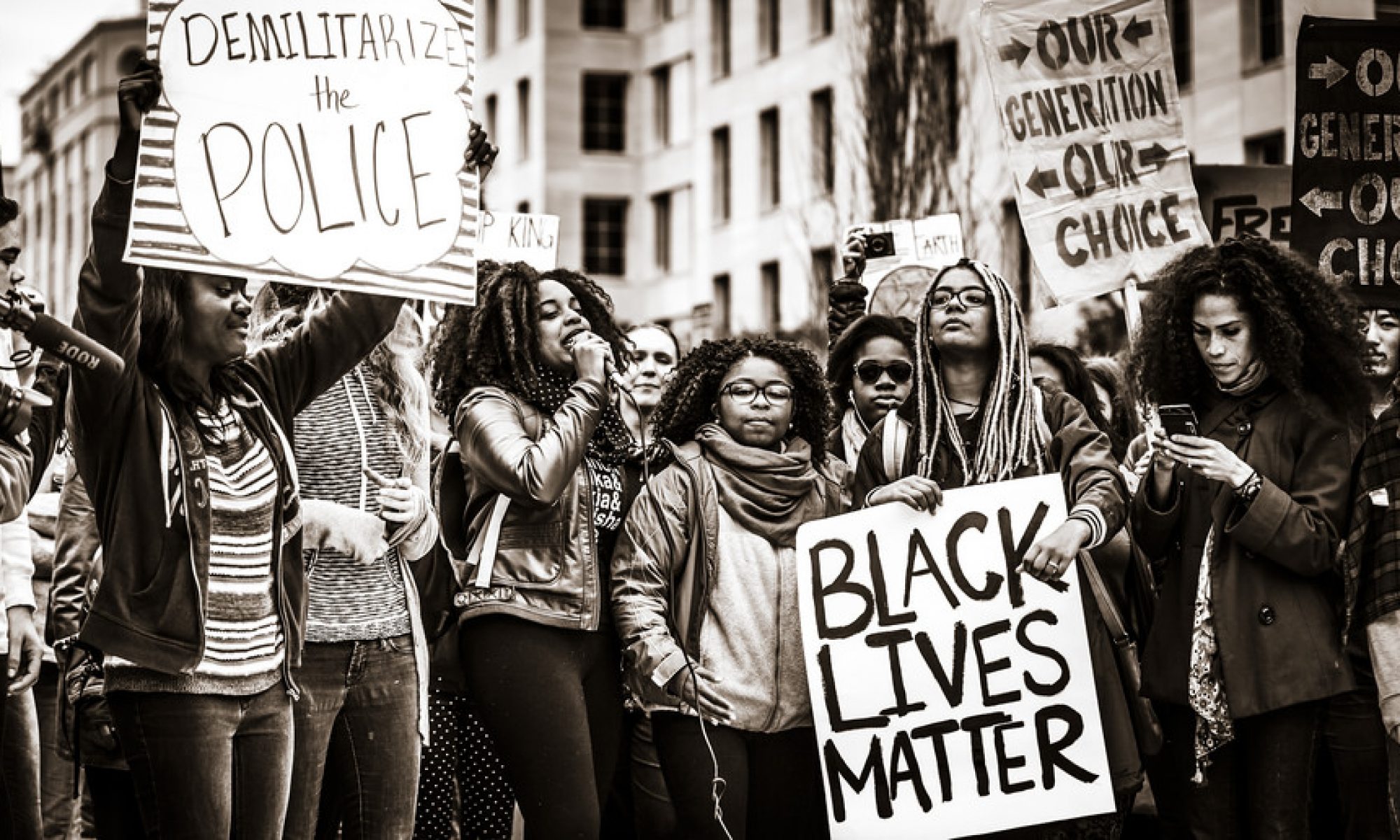In Frances Beale article “Double Jeopardy” To Be Black and Female one of the most shocking things that I found in this article was the sterilization of black women in America and being used as test subjects for medicine. From a previous class that I have taken here at the college was about the history of Native Americans in our country and we had a few day lessons on these sterilization practices that were taking place to the Native Americans women in the same manner. Just like Black women these natives Americans were being tricked into bein g sterilized by saying they were doing another procedure on them but when they came up they found out they could no longer have children. I was shocked when I learned that these practices were happening to Black women in America as well. I was also shocked that these practices were happening in other countries that were led by the united states. The practice of taking away a woman natural right to have a kid is just wrong. These women thought the government was trying to help them but in reality, they were just trying to get rid of African Americans by sterilization. On the subject of using the blacks and Puertoricans as a human test subject is just done right wrong. These people were put through terrible conditions to be able to better medicine for white people is just wrong.
Black Women in Medicine
With me majoring in the STEM field I decided to talk about Black Women in medicine in the black freedom struggle, and how its still a issue we are facing today. First, I just want to remind you all of the discriminatory health practices that African American women had to go through from slavery through the post- Civil rights era. Although there have been some improvements made to protect the health of Black Women, there is still light that needs to be shined on for the present day epidemiology of sexual and reproductive health inequalities amount Black women. Its not new news that healthcare is influenced by racism. When you think about the institutional racism you have to add in how poverty, living segregation, and unemployment makes Black women more open to the inequalities of health outcomes. In the black freedom struggle it was hard for Black women to get jobs that paid them enough for everyday things. So when it came to healthcare they took what they could afford and majority of the time it wasn’t the best. Looking at this through a historical lens you can see how back in the black freedom struggle there wasn’t many culturally appropriate programs or treatments that was affordable, or offered. Lastly, the final point I want to touch on is how one health issue may apply to a white woman, may not also be a issue that a black woman is facing.
